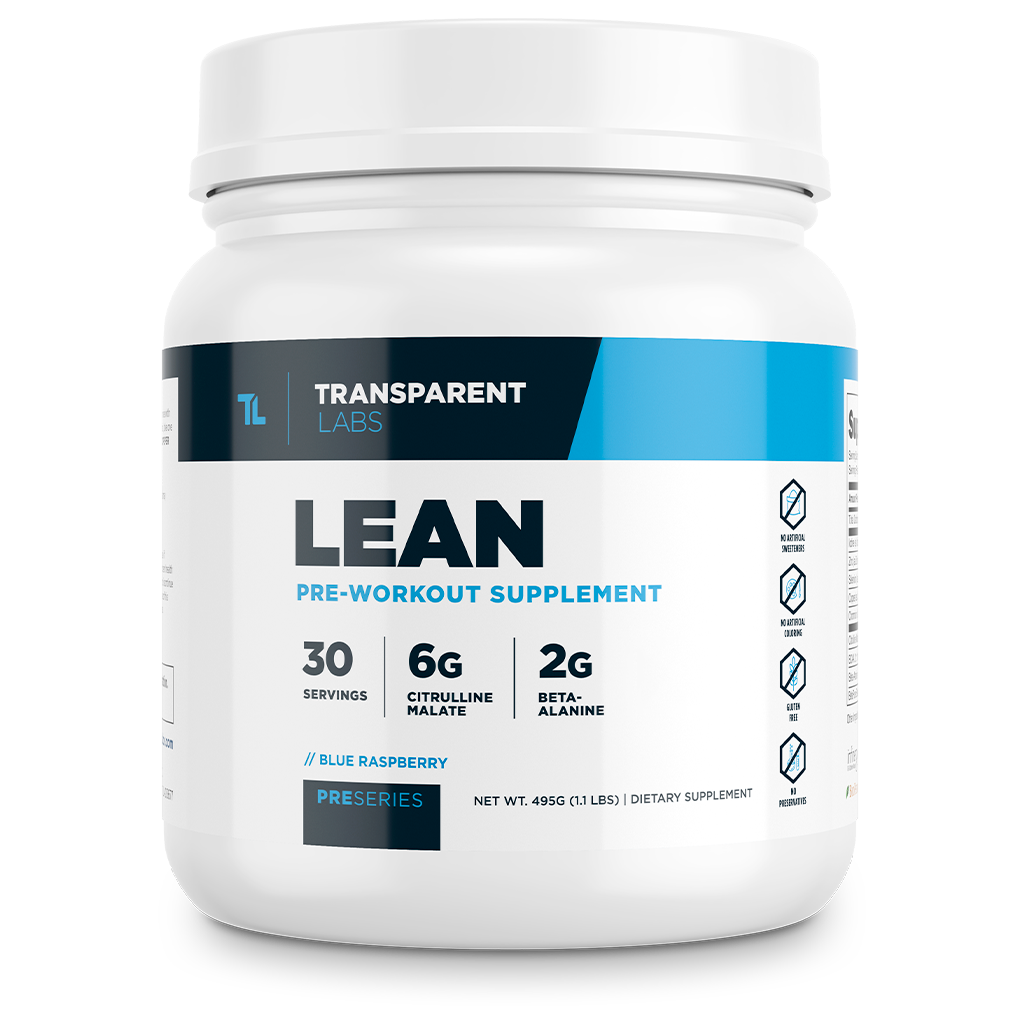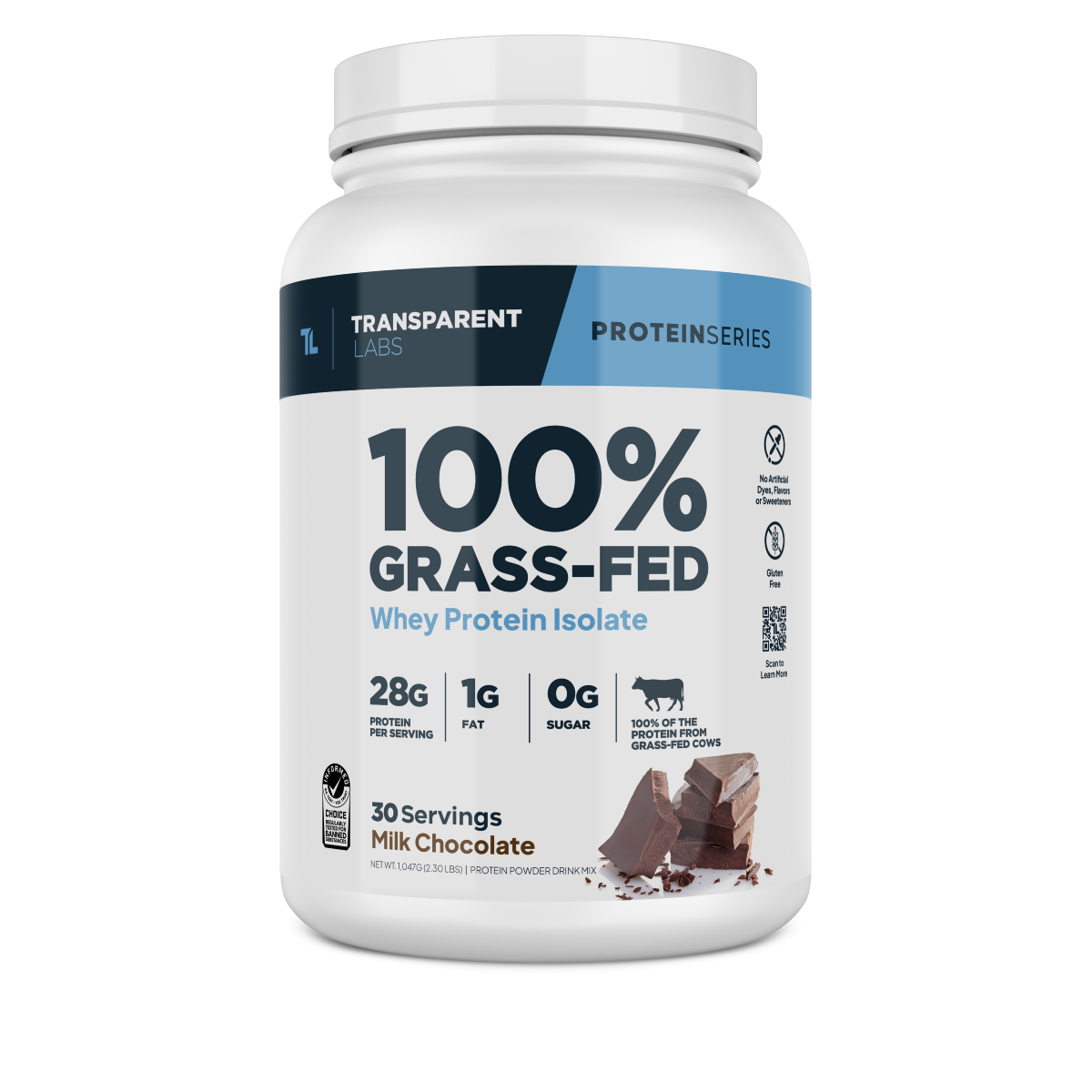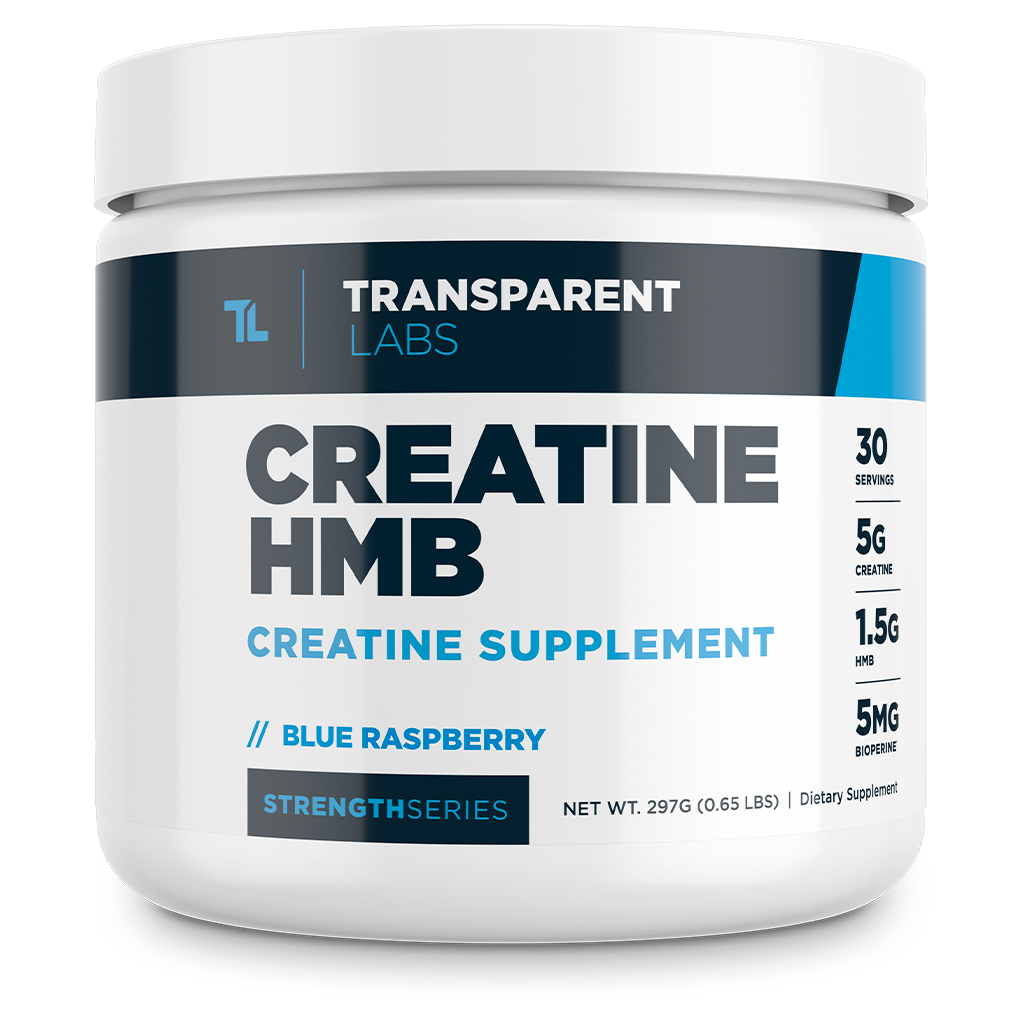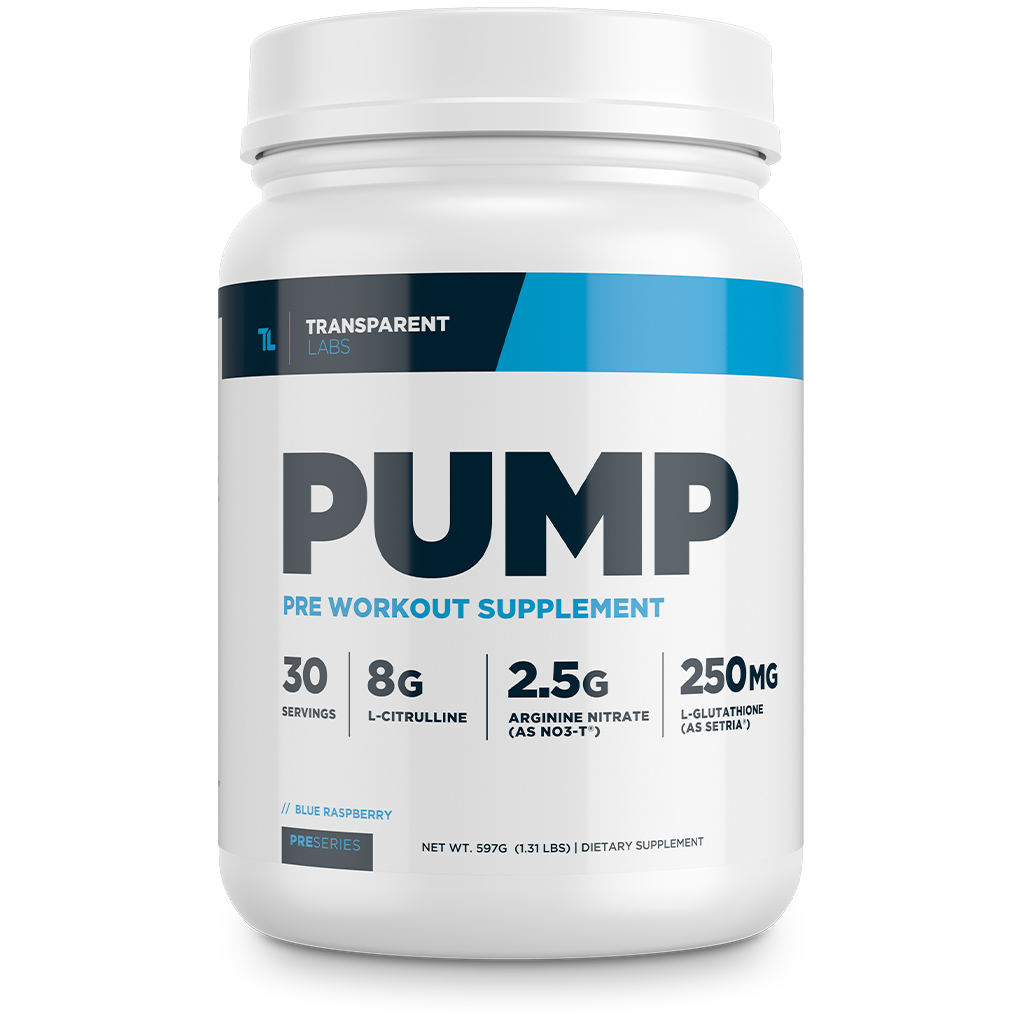Best Anti-Aging Supplements: A Practical Guide for Longevity
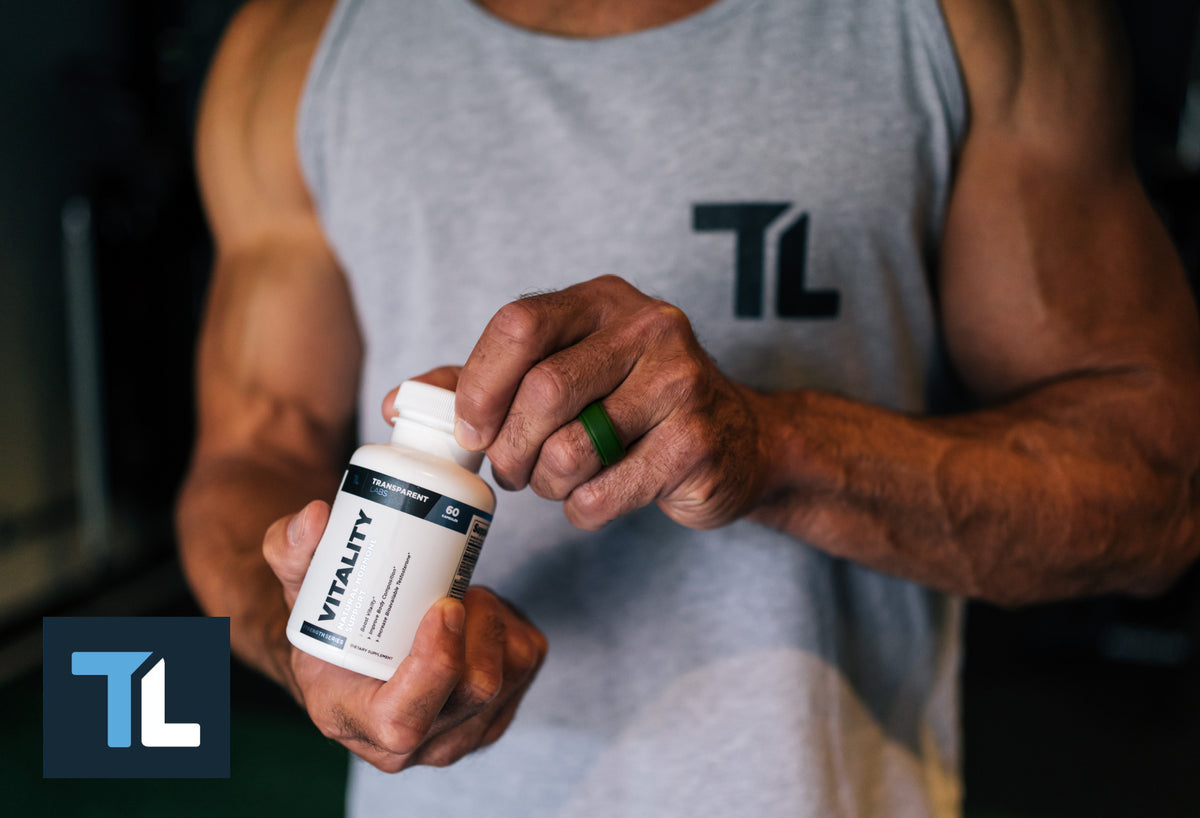
A Practical Guide to Anti-Aging Supplements
There's a big difference between credible science and marketing fluff when it comes to the "anti-aging" realm. Whether it's a medical spa offering botox injections—which don't actually slow aging processes—or a supplement company selling "anti-aging vitamins," consumers should maintain a healthy sense of skepticism about the claims surrounding these types of treatments and products.
With that in mind, let's take a look at the science behind putative "anti-aging supplements" (read: natural compounds that support healthy aging) and how they promote longevity from within. We'll also discuss some of the bigger-picture concepts to keep in mind before dropping hundreds, maybe even thousands, of dollars on the next alleged fountain of youth.
The Nuance of Aging Processes
The field of anti-aging is riddled with nuances that deserve acknowledgment and a thorough clarification before we move forward.
Firstly, the term "anti-aging" is somewhat of a misnomer. No supplement, regardless of its purported efficacy, can truly halt or reverse the intrinsic biological processes of aging—not even with the help of telomerase activators. Rather, so-called "anti-aging" supplements more aptly describe "pro-longevity" or "healthspan-enhancing" supplements that may not only add years to your life but life to your years by targeting age-related mechanisms like senescence and autophagy.
However, the mechanisms of action for many anti-aging compounds remain under intense scrutiny (for good reason). While preliminary research may paint a rosy picture of lengthening telomeres in certain cells, the translation of these findings from the petri dish or animal models to human physiology is not always direct, predictable, or even realistic. It's paramount to appreciate that what works in one type of cell, or a specific non-human organism in a controlled setting, might not necessarily confer the same benefits to humans in the diverse, often chaotic tapestry of real-world conditions.
Telomeres, if you're not aware, are non-coding regions of DNA at the ends of chromosomes. Since these regions are shortened every time a human cell divides, scientists suspect that telomeres are a biomarker of cellular aging [RR]. Alas, the "telomere theory of aging" is still very much a theory, and it's based on one highly specific aspect of aging that is confounded by myriad other aging mechanisms at the cellular level [RR].
Bioavailability and optimal dosing further complicate the anti-aging landscape. For example, a compound may show promise in vitro, but if it's not adequately absorbed or is rapidly metabolized into an inactive metabolite, its potential benefits will be abolished. Likewise, finding the optimal dose of a therapeutic compound is a delicate balance that is often a moving target due to variability between individuals.
Lastly, while the potential of the compounds we discussed in this article is certainly captivating, it's essential to juxtapose anti-aging supplementation with foundational pillars of longevity: a balanced diet, regular exercise, sleeping adequately, taking care of your mental well-being, and preventive healthcare should be a priority for anyone that wants to live a long, fulfilling life. No supplement or medical procedure, no matter how potent or advanced, can supplant these core tenets of a holistic approach to healthy aging.
Supplements to Support Healthy Aging
Aging is as natural as breathing; it's coded into our DNA. Naturally, the allure of "turning back the clock" has galvanized many to seek out the next groundbreaking anti-aging supplement. The reality is there are countless plant compounds, vitamins, minerals, and even synthetic chemicals that we could plausibly tie into aging processes.
For example, the essentiality of numerous vitamins and minerals in the diet means the aging process would be complicated by a deficiency of any of those micronutrients. Likewise, many antioxidants exist in nature, and since chronic oxidative stress is implicated in many diseases that lead to premature aging, it's perfectly rational to argue that any antioxidant fits the bill as an anti-aging compound.
So, to keep this simple, we're going to focus exclusively on natural compounds (and their derivatives) with pronounced roles in aging processes. Some of these you (hopefully) already consume as part of a healthy diet, while others you'll have to look for specifically in supplement form.
Cellular Energy Mediators: NAD+, NMN, and NR
Nicotinamide adenine dinucleotide (NAD+) is a vital coenzyme found in all living cells. It plays a central role in cellular metabolism and mitochondrial health, particularly by driving oxidation reactions [1]. Given the intimate link between NAD+ and adenosine triphosphate (ATP), a primary form of chemical energy for cells, depleted NAD+ levels pave the way for premature aging [2].
In the supplement space, you'll likely come across nicotinamide mononucleotide (NMN) and nicotinamide riboside (NR), which are precursors to NAD+. Both of these compounds have been studied for their potential to boost cellular NAD+ levels, thereby enhancing mitochondrial function and cellular repair mechanisms [3, 4]. The oral bioavailability of NMN and NR is superior to native NAD+ (which is poorly absorbed), but the longevity benefits of these supplements in humans remain somewhat of a mystery due to a lack of well-controlled, independent studies [5].
Nevertheless, there is considerable promise for NAD+ and NAD precursors as pro-longevity supplements.
N-Acetylcysteine (NAC)
NAC serves as a precursor to glutathione, a tripeptide regarded as a "master" antioxidant of human cells. Glutathione plays a crucial role in neutralizing harmful free radicals and reactive oxygen species that accrue as byproducts of cellular metabolism. Over time, unchecked oxidative stress from these reactive molecules can lead to cellular damage, contributing to the aging process and age-associated disorders. By bolstering the body's reserves of glutathione, NAC takes a proactive stance against oxidative stress, serving as a first line of defense against cellular wear and tear [RR].
In the realm of anti-aging, NAC's role extends beyond mere antioxidant action. The compound has been shown to modulate inflammation, another pivotal factor in the aging process. Chronic low-grade inflammation, often termed 'inflammaging,' is believed to underpin many age-related pathologies, from cardiovascular disease to cognitive decline. By mitigating inflammatory pathways, NAC provides a two-pronged approach to healthy aging – combating both oxidative stress and inflammation [RR].
Furthermore, NAC's mucolytic properties – its ability to break down mucus – although not directly tied to anti-aging, underscore its therapeutic versatility. This function has led to its utilization in conditions like chronic obstructive pulmonary disease (COPD) and cystic fibrosis, where mucus accumulation is a significant concern [RR].
Urolithin A
Biochemically speaking, urolithin-A emerges as a plant secondary metabolite, or a meta-metabolite, to be precise. It's the end-product of a complex biotransformation process that begins with the intake of ellagitannins, commonly found in foods like pomegranates, berries, and nuts. Once consumed, gut microbiota metabolize ellagitannins into ellagic acid, which is subsequently metabolized into urolithin A [RR].
Urolithin-A has piqued the interest of anti-aging fanatics largely due to its ability to stimulate mitophagy – an intracellular cleansing mechanism (not to be confused with autophagy). Mitophagy is essentially the targeted degradation of damaged and dysfunctional mitochondria, the de facto "cellular powerhouses." Mitochondrial dysfunction is often cited as a hallmark of premature cellular aging, with accumulating damaged mitochondria being implicated in various age-related conditions [RR].
By ensuring the efficient recycling of these compromised mitochondria, urolithin-A aids in maintaining cellular health and integrity, thus potentially extending cell lifespan [RR].
Plant Powerhouses: Curcumin and Resveratrol
Curcumin is the primary bioactive curcuminoid in the turmeric spice, which has been a linchpin of Ayurvedic medicine for centuries. The anti-aging promise of curcumin is anchored in its potent anti-inflammatory and antioxidant effects [RR]. Curcumin's capability to modulate gene expression, inhibit inflammatory cytokines, and quell oxidative damage lends credence to its potential to reduce the risk of various aging-related diseases [RR].
Similarly, trans-resveratrol, a natural phenolic constituent of grapes, is another antioxidant compound that has shown promise in anti-aging research. Notably, resveratrol modulates key cellular proteins involved in aging, such as SIRT1, an enzyme that plays a role in cellular longevity [RR]. It's also considered a promising nutrient for overall cardiovascular health, which, intuitively, is a pillar of healthy aging [RR].
Collagen Supplements and Anti-Aging
When most people think of anti-aging supplements, the first thing that comes to mind is likely collagen peptides. Endogenous collagen production naturally starts to decline as we age into our 30s, so the use of supplemental collagen peptides to promote healthy aging is a burgeoning area of research [RR].
Collagen peptides, especially type-I, type-II, and type-III collagen peptides, have been touted for their benefits to skin health and attenuating age-related connective tissue deterioration. For example, collagen peptides are suggested to improve skin elasticity and hydration, joint function, and bone integrity, just to name a few [RR]. They may also help in battling age-related conditions like arthritis and compromised immune function [RR, RR].
While collagen peptides are probably not going to produce a night-and-day difference in age-related appearance changes, they may go beyond the surface to offer substantial substance to your longevity.
Essential Antioxidant Micronutrients: Vitamins C and E
Vitamin C and vitamin E are among the most widely studied antioxidants. These vitamins neutralize reactive oxygen species (ROS) and reactive nitrogen species (RNS), unstable molecules that can damage cellular components, perturb the structure of other molecules, and accelerate aging [RR].
Though commonly known for their antioxidant potential, vitamin C and vitamin E may support healthy aging in numerous other ways. For example, vitamin C is essential for the immune system and collagen synthesis, which, as we just discussed, has implications on skin aging, joint function, and even bone health [RR].
On the other hand, Vitamin E, particularly its alpha-tocotrienol form, holds promise in reducing the risk of age-related diseases like cardiovascular disease, Alzheimer’s disease, and Parkinson's disease [RR].
Vitamin D: The "Sunshine Vitamin"

Vitamin D is another of the "anti-aging vitamins"—though one could argue that all the essential vitamins support healthy aging. Vitamin D is a fat-soluble vitamin synthesized in our skin upon sun exposure, and it has ubiquitous roles in the human body. Research suggests vitamin D regulates endocrine function, the immune system, heart health, and more [RR].
Importantly, given modern computer-based/indoor work environments, more people are at risk of vitamin D deficiency. It might seem simple, but even 20-30 minutes of direct sun exposure during the day can have significant health benefits [RR]. Of course, don't get too carried away, as ultraviolet rays of the sun can induce photoaging and increase the risk of skin cancer [RR].
Note: Do not take vitamin D supplements in lieu of getting out in the sun; there are numerous ways natural daylight exposure promotes healthy aging independent of vitamin D [RR].
Olive Leaf Extract: The Mediterranean's Anti-Aging Secret?
Olive leaf extract is rich in oleuropein, a compound that has shown efficacy in reducing markers of inflammation and oxidative stress, both of which are implicated in aging [RR]. Besides its anti-inflammatory effects, olive leaf extract has been shown to possess anti-microbial and heart-health properties. Its bioactive compounds inhibit the growth of harmful bacteria and viruses, thereby supporting healthy immune function [RR].
Plant Flavonoids: Fisetin and Quercetin
Fisetin, found in strawberries, and quercetin, found in apples and onions, are flavonoids that have gained interest for their senolytic properties—the ability to target and eliminate senescent cells that contribute to aging [RR].
The Mitochondrial Protector: Coenzyme Q10 (CoQ10)
Coenzyme Q10, or CoQ10 for short, is at the heart of the mitochondrial electron transport chain. It aids in the production of ATP, making it essential for cellular energy [RR]. But coenzyme Q10 doesn’t just stop at ATP production; it's also integral for cellular antioxidant systems. In fact, CoQ10 regenerates other antioxidants like vitamin E and works in synergy with them to combat oxidative stress [RR].
What Is the Best Anti-Aging Supplement?
We still have a long way to go in terms of research and empirical evidence that substantiates the benefits of anti-aging supplements. Translating data from animal studies and in vitro research remains a major hindrance for the anti-aging niche, and it's doubtful that a single, solitary compound holds the key to a life of youthfulness. Even growth hormone—often heralded as the "Fountain of Youth"—isn't the sole proprietor of longevity.
While it's unclear which of the ingredients we discussed above stands out as the absolute best "anti-aging supplement," we can confidently say that they all hold promise for promoting longevity and leading a healthy life. As such, it's sensible to make dietary and lifestyle changes that allow you to ingest more of these nutrients. For example, drinking more green tea and eating ample fruits and vegetables is a foolproof and well-documented way to reduce the risk of age-related diseases [RR].
If you do decide to invest in certain supplements that claim to slow the aging process, the formula should (hopefully) contain one, if not several, of the ingredients we covered in this guide at their clinically effective dose levels (we are currently working on such a formula and look forward to revealing more details with you as they become available).

